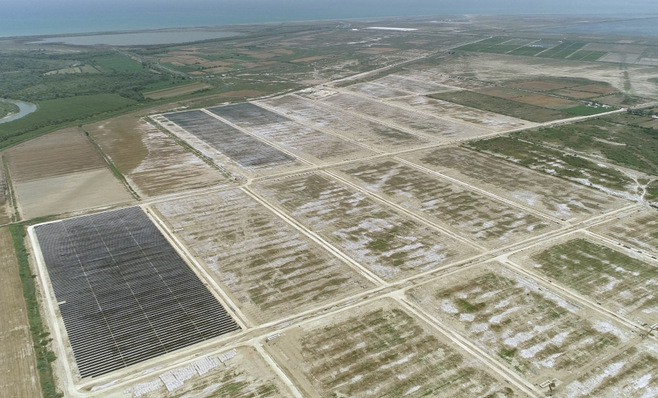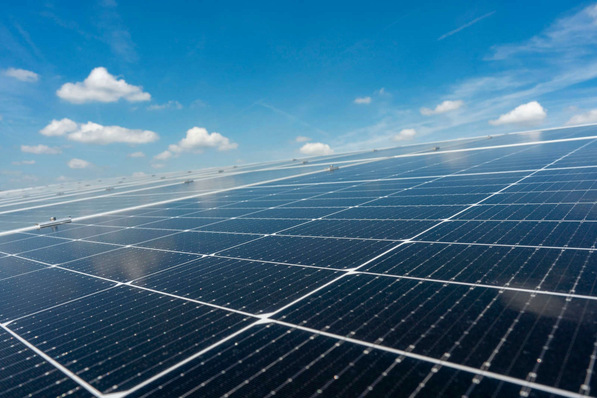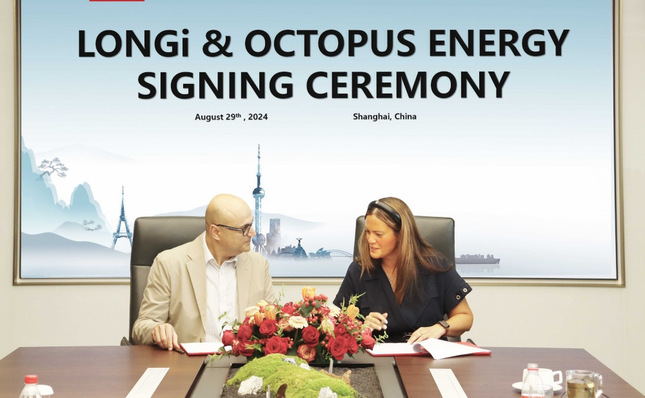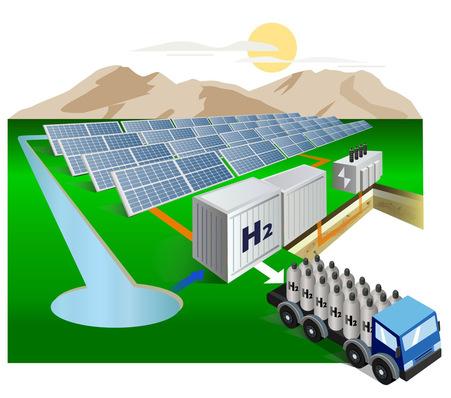In an recent opion article for the Financial Times, Fatih Birol wrote about how amid the onslaught of disturbing news about the world's deepening climate crisis – and elections in many major economies heightening uncertainties about energy and climate policies – it’s important to note the areas where real progress is being made.
“Nowhere is this clearer than in clean energy, where technologies like solar, wind and electric cars are increasingly replacing the need for fossil fuels and reining in emissions,” he wrote. Here, Birol noted, the impetus is “coming not just from government policies but from other powerful economic, industrial, strategic and technological forces.”
„We need to press ahead“
It’s now cheaper to build onshore wind and solar power projects than new fossil fuel plants almost everywhere worldwide. The price of electric cars continues to come down and their market share keeps rising – all while innovation on low-emissions technologies is moving ahead quickly.
Also interesting: Accelerating the journey to net zero
Other forces at work include energy security concerns following the global energy crisis that erupted in 2022; the intensifying focus on industrial competitiveness, with China leading global growth on clean energy and dominating supply chains for key technologies; and the likelihood that as the consequences of climate change become increasingly visible, citizens will demand more climate action, not less.
Also see: Global boom in renewables by almost 50 per cent to nearly 510 gigawatts
“The events of recent years – including the turmoil caused by the global energy crisis, the sharp spikes in fossil fuel prices and the effects of extreme weather – are all reminders of why we need to press ahead,” Birol wrote. “And while changes in governments may well affect the pace of energy transitions – accelerating them in some cases, slowing them in others – they won’t alter the fundamental direction of travel“, he added in his artice for the Financial Times. (hcn)








